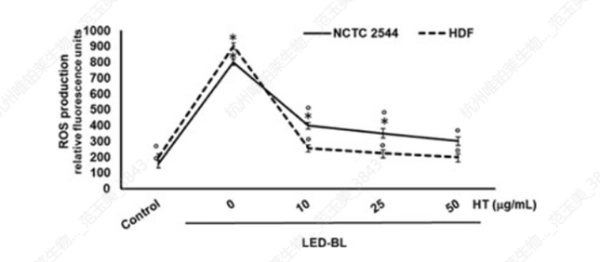In today's uncertain world, individuals are increasingly seeking financial security and peace of mind. Whole life insurance, a comprehensive and long-term coverage option, offers a range of benefits that extend beyond mere protection. This article delves into the multifarious advantages of whole life insurance, highlighting its potential to serve as a valuable asset in one's financial portfolio.
- Lifelong Coverage and Death Benefit:
Unlike term life insurance, which provides coverage for a specific period, whole life insurance offers lifelong protection. This means that as long as the premiums are paid, the policyholder's beneficiaries will receive a guaranteed death benefit upon their passing. This invaluable feature ensures financial security for loved ones, allowing them to cover funeral expenses, outstanding debts, and maintain their standard of living. - Cash Value Accumulation:
One of the most distinctive aspects of whole life insurance is its ability to accumulate cash value over time. As policyholders make premium payments, a portion is allocated towards a cash value account, which grows on a tax-deferred basis. This cash value can be accessed through policy loans or withdrawals, providing a source of funds for various purposes, such as supplementing retirement income, funding education expenses, or addressing unforeseen financial emergencies. - Dividend Earnings and Participating Policies:
Many whole life insurance policies are eligible for dividends, which are a share of the insurer's profits distributed to policyholders. These dividends can be reinvested to purchase additional coverage, reduce premiums, or accumulate further cash value. Participating policies, in particular, allow policyholders to actively participate in the insurer's investment performance, potentially increasing the policy's overall value. - Tax Advantages:
Whole life insurance offers several tax advantages that make it an attractive option for individuals seeking to optimize their financial planning. The cash value growth is tax-deferred, meaning policyholders are not required to pay taxes on the accumulated earnings until they are withdrawn. Additionally, the death benefit is generally received by beneficiaries income tax-free, providing a significant advantage over other investment vehicles. - Estate Planning and Wealth Transfer:
For high-net-worth individuals, whole life insurance can play a pivotal role in estate planning and wealth transfer strategies. By designating the policy's death benefit to beneficiaries, policyholders can ensure a smooth transfer of assets while minimizing estate taxes. This allows for the preservation and transfer of wealth across generations, providing a lasting legacy for loved ones.
Conclusion:
Whole life insurance offers a comprehensive and versatile solution for individuals seeking long-term financial security. With its lifelong coverage, cash value accumulation, potential dividend earnings, tax advantages, and estate planning benefits, it serves as a valuable asset in one's financial portfolio. By understanding and harnessing the multifaceted advantages of whole life insurance, individuals can unlock hidden value and achieve their financial goals with confidence.












+ There are no comments
Add yours